
Brain Repair Centre
NeuroScience as Art
Fundraising Auction
Wednesday March 20th | 5:00-7:00pm
Dalhousie Arts Centre | 6101 University Ave
An Art Auction to raise funds for BRC Graduate Student Stipends
Why Fundraising?
The BRC membership includes ~250 Graduate Students. Scroll down to read why we are raising funds for stipends.
In-Event Purchases
Raffle
Donation Box
Cash Bar
Please RSVP via FORM below
Our Sponsors
Sponsorship enquiries to esb@dal.ca
Payment Options
Cheque
Cash
E-transfer
Event Highlights
Silent Auction
Wine & Cheese
Live Music
Meet the Artists
Access to As We Rise Exhibition
IMAGE GALLERY
Over the last 9 years we have run a competition amongst our graduate students for Neuroscience as Art images. As a result we have a great collection of very unique pieces. The images below will be available at the auction. They are block-mounted and measure approx 12”x18” (there is some variation in sizes). Only one of each!
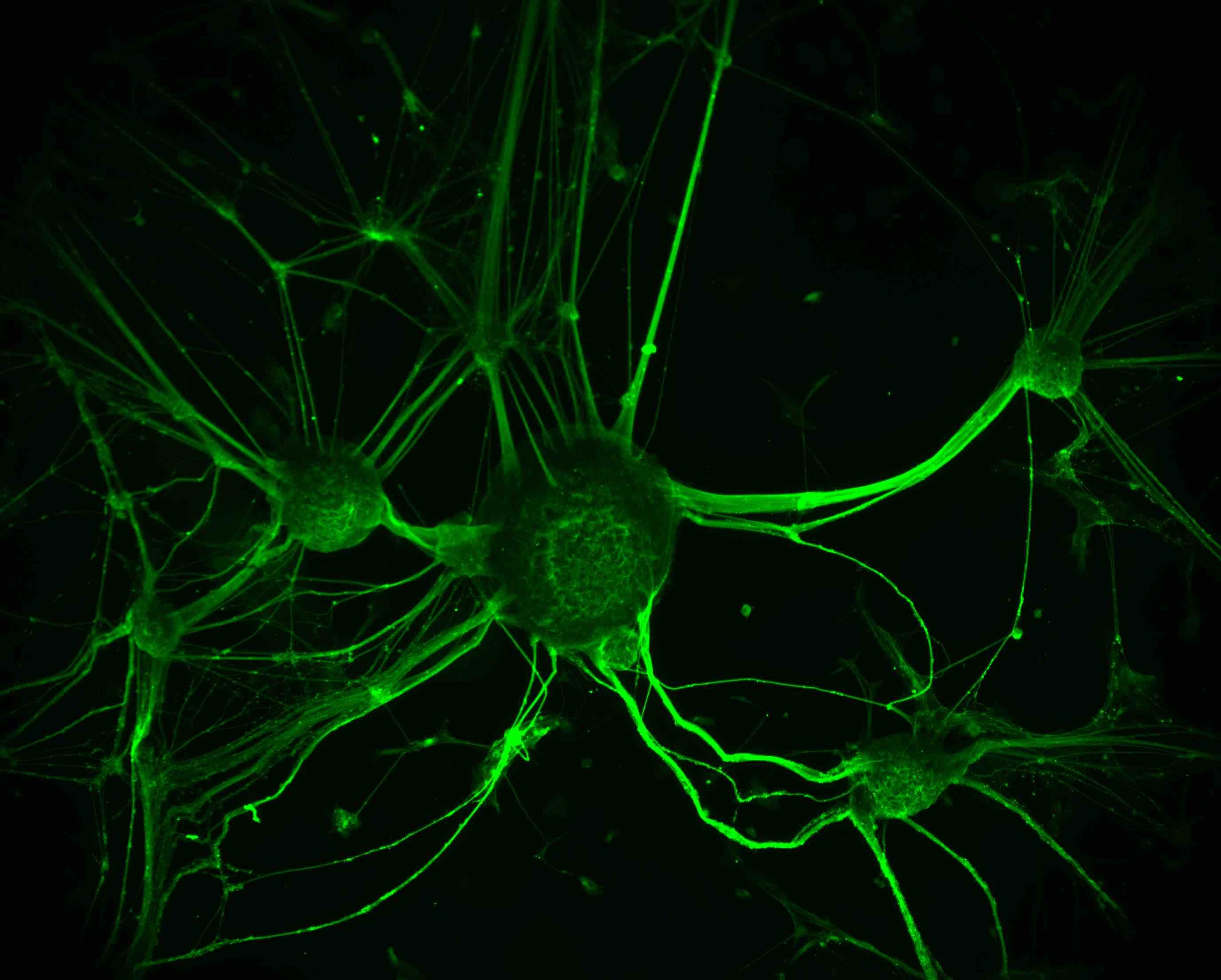
"Neuronal Spider Web" Jack Guthrie
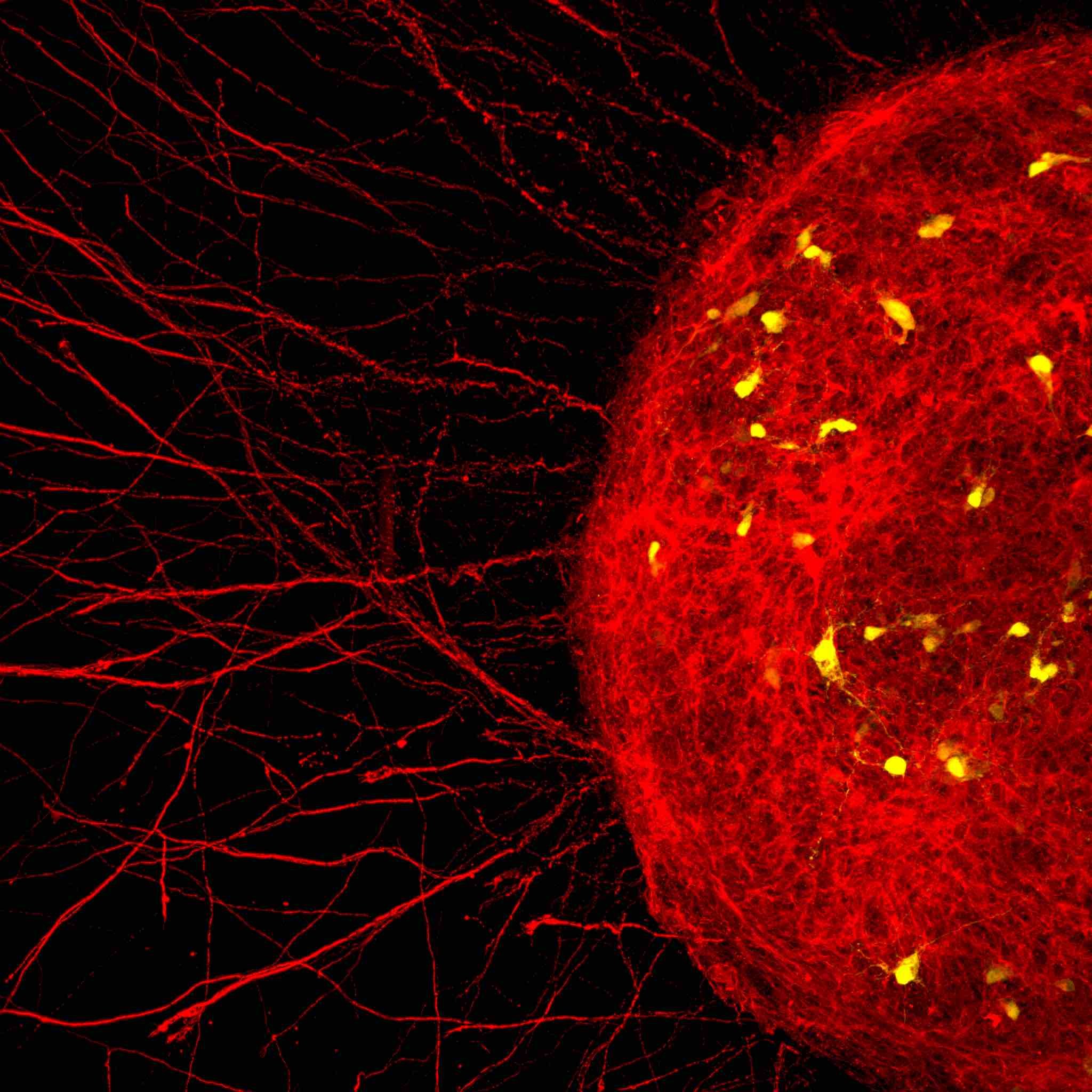
"Sun" Iulianella Lab
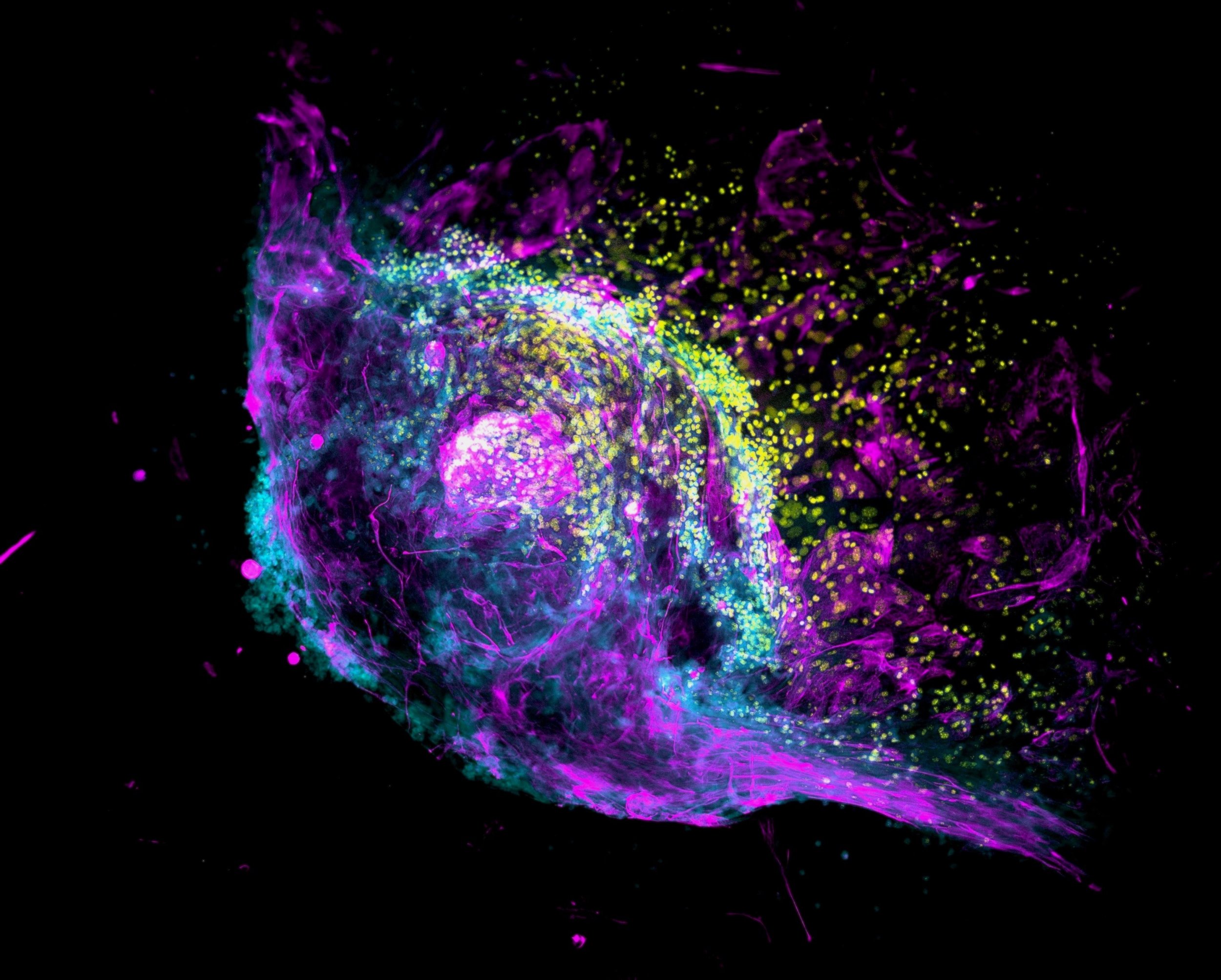
"Deep Sea" Asal Yans
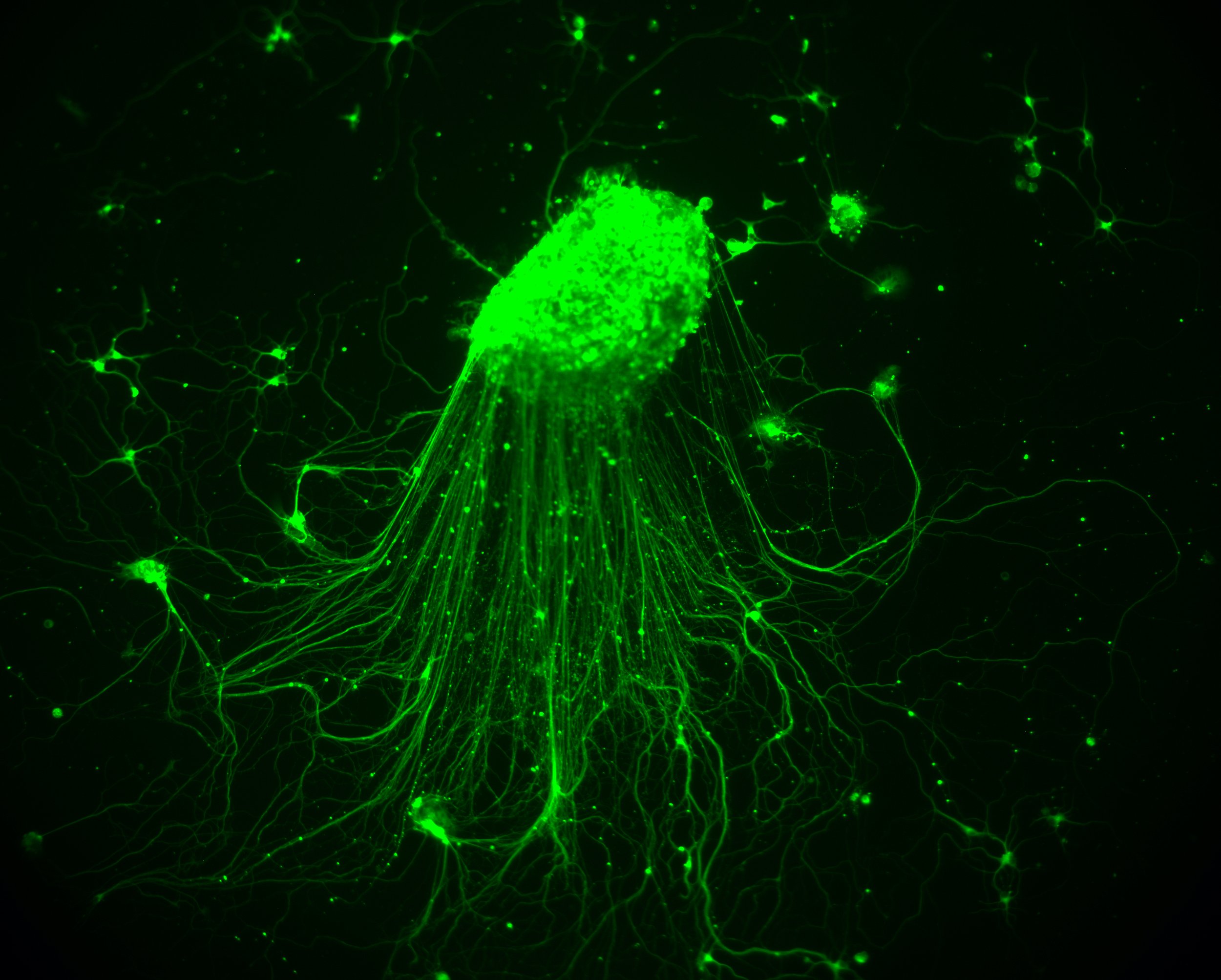
"Neural Jellyfish" JJ Parker
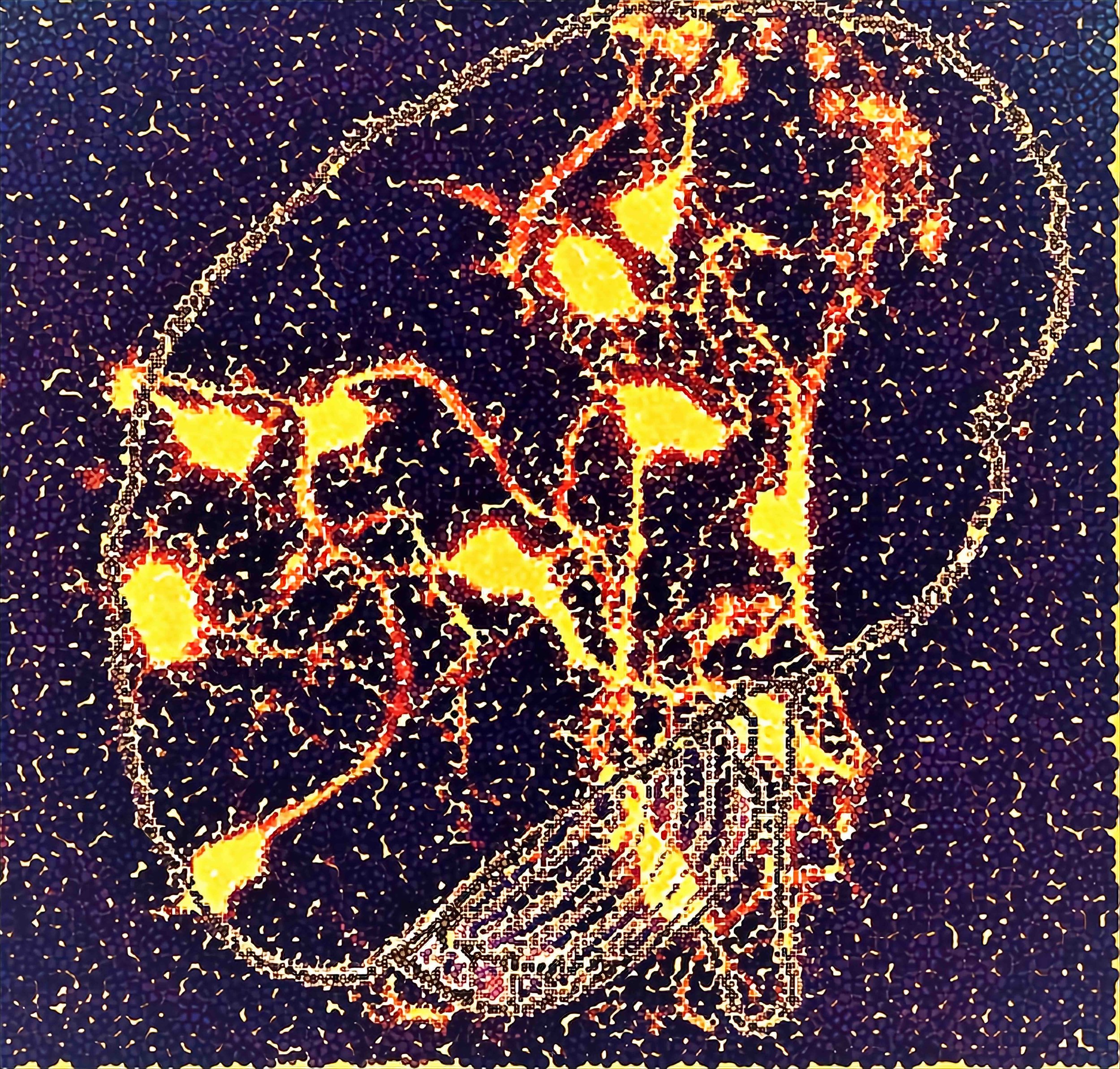
"Brain" - Asal Yans
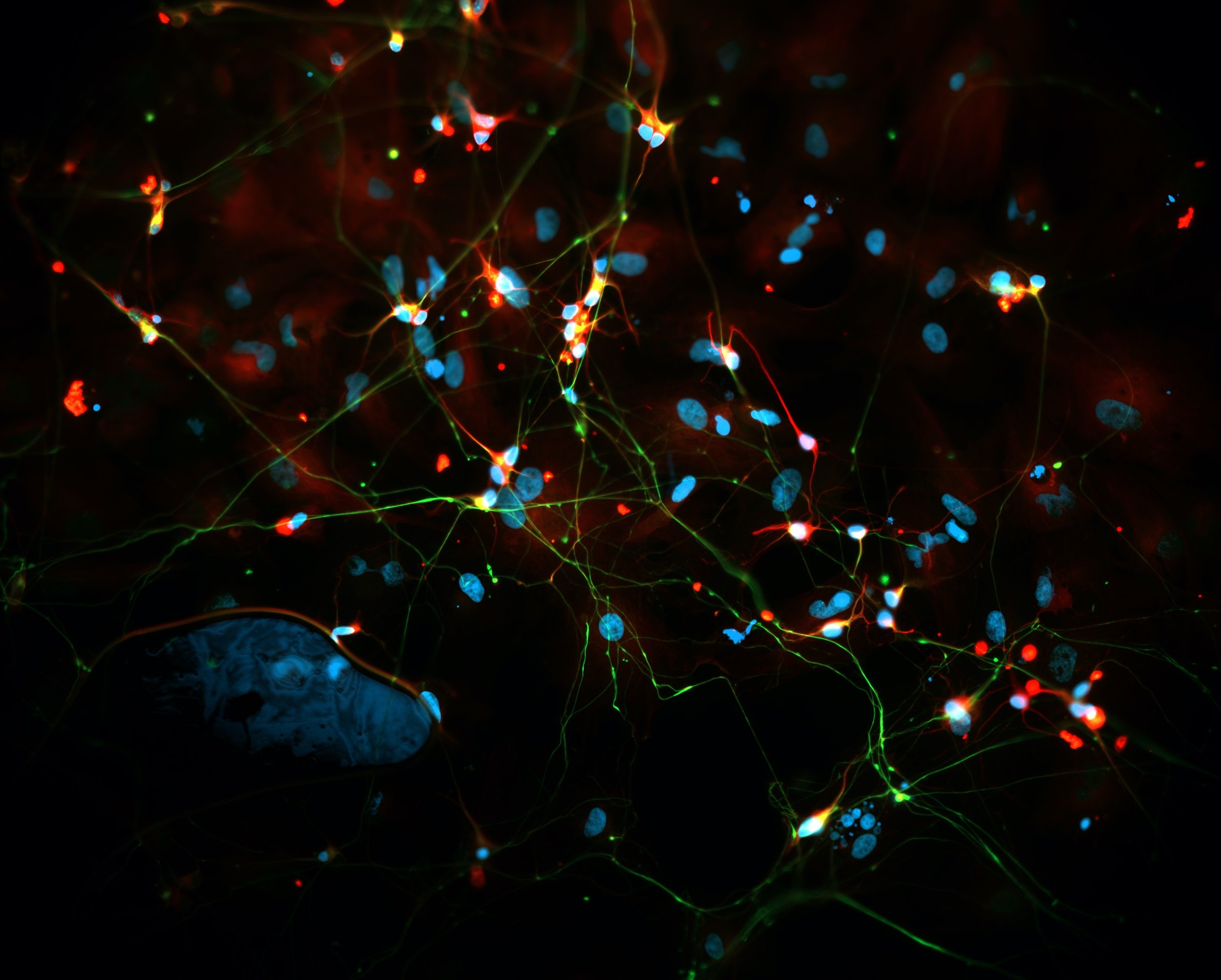
"Nerve & Glia" - Jack Guthrie
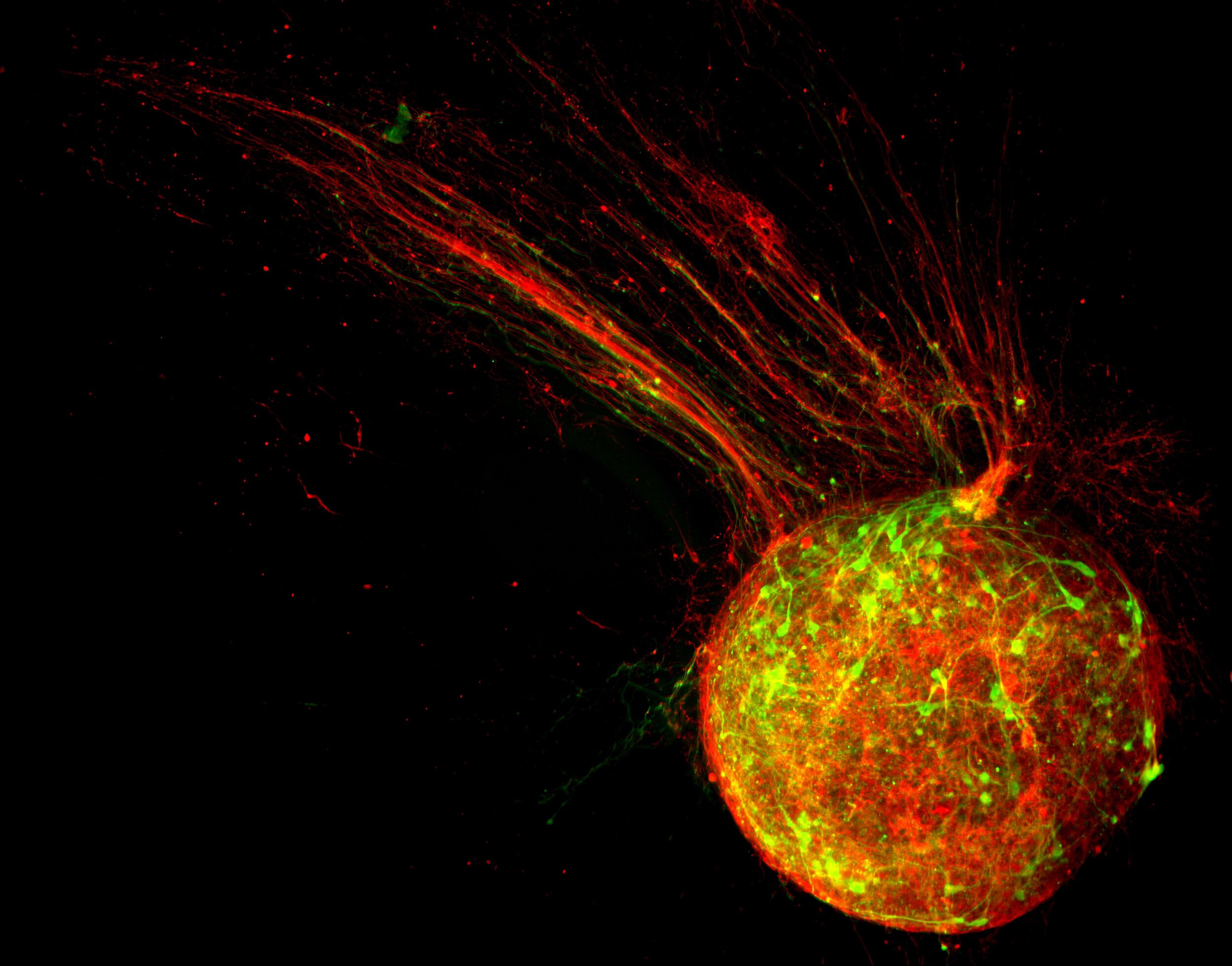
"Motor Neuron" Jude Kline
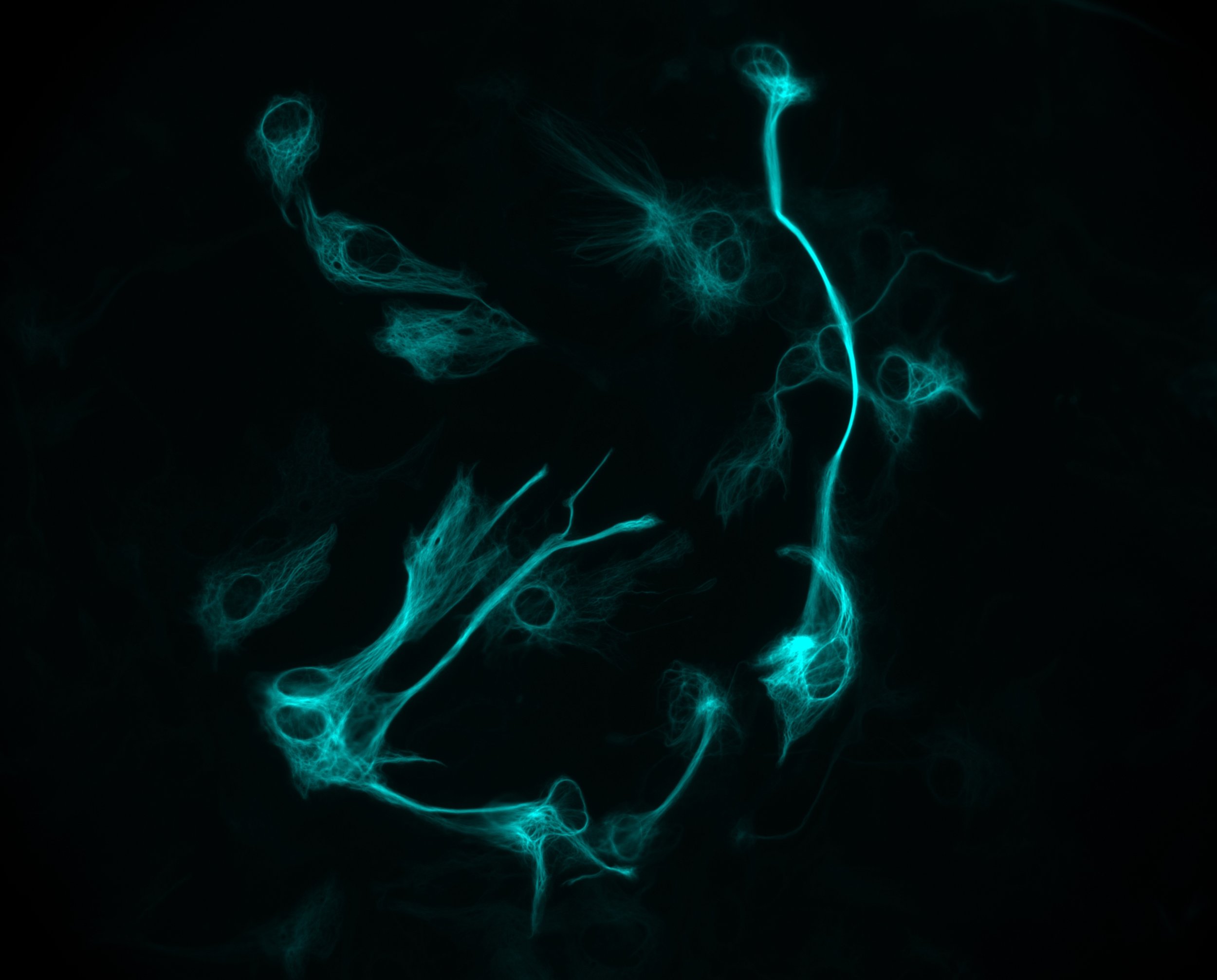
"Astrocytes" Jude Kline
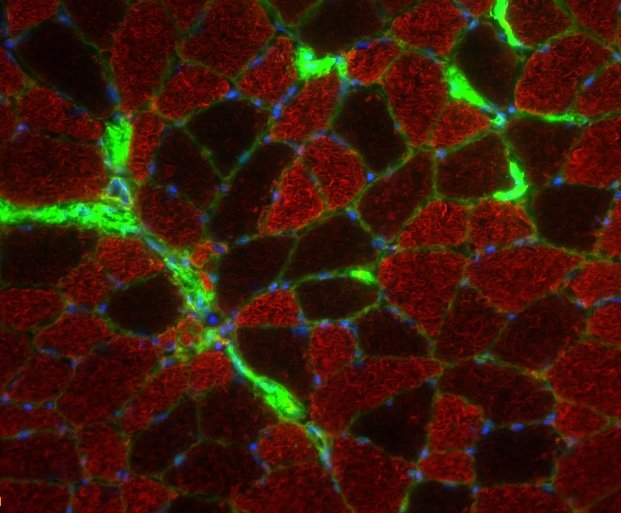
“Skeletal muscle" Rafaela Andrade-Vieira
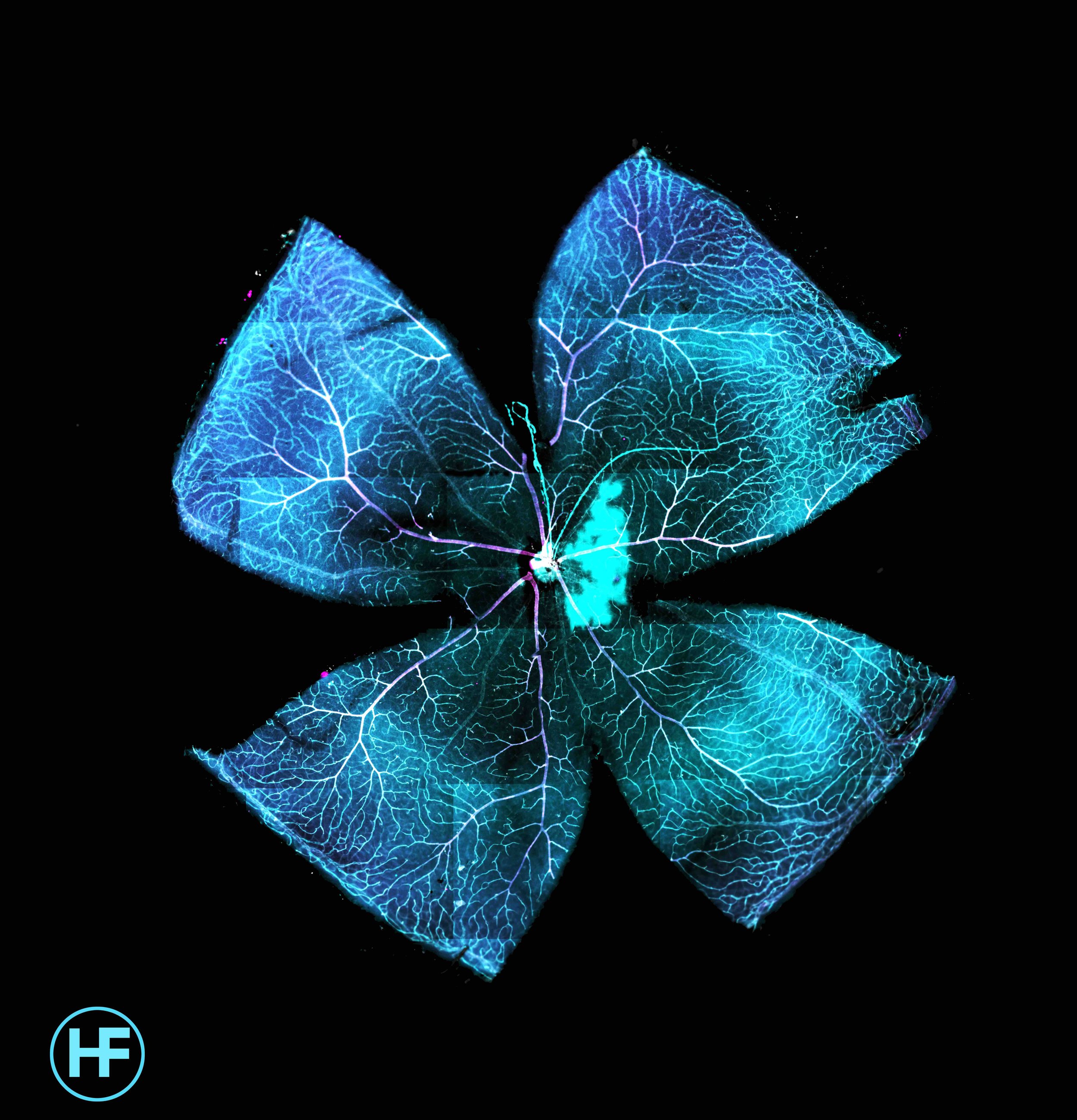
"Retina" Hirad Feridooni

"Hippocampus" Karolynn Hsu

"Storm" Asal Yans

"Pyramidal Neuron Brain" Lindsay Bond

Dylan Deska-Gauthier

"Motor Neuron" Asal Yans
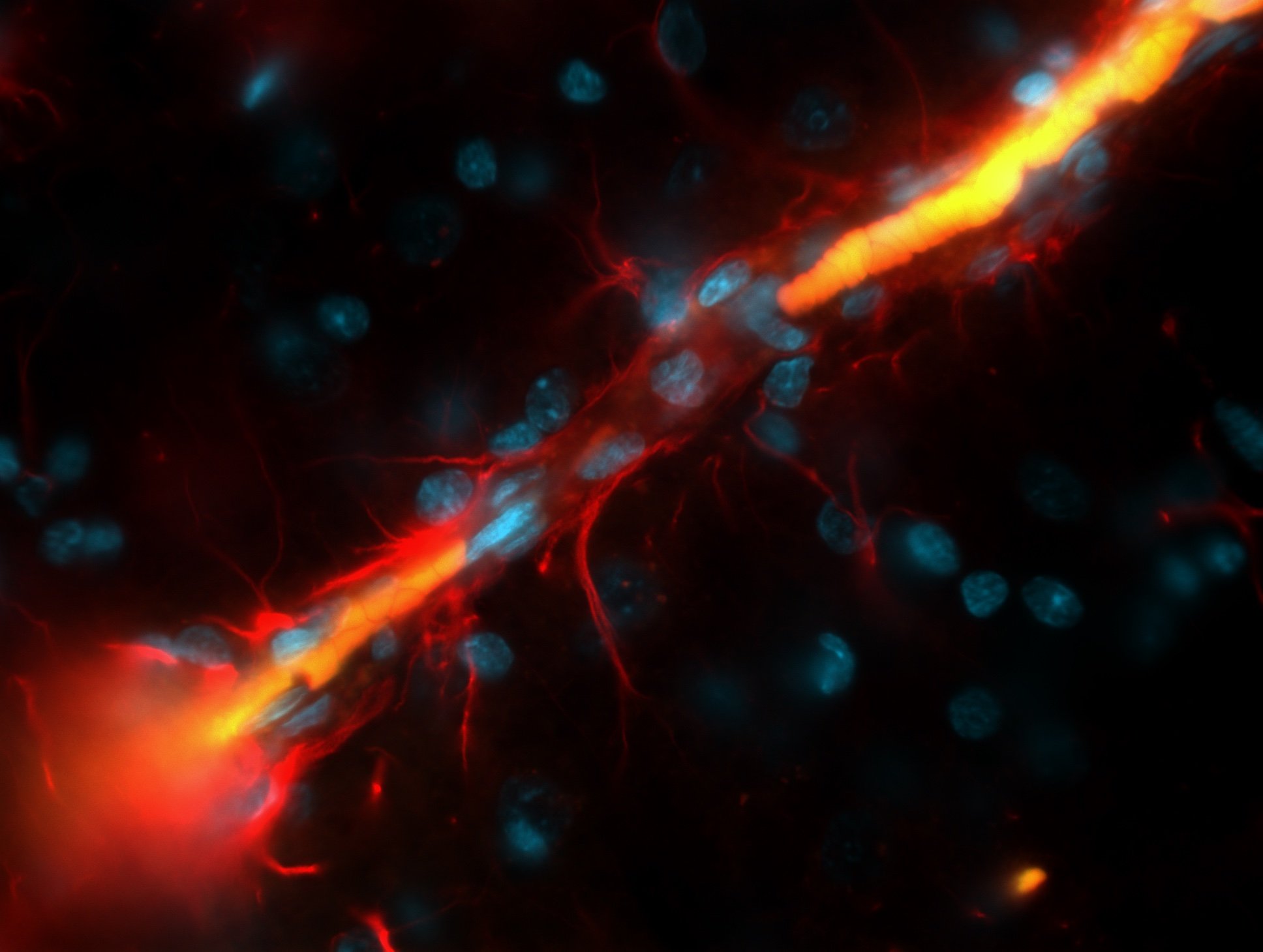
"Breaking Barriers" Jillian Newton

Isabelle Roach

Dylan Deska-Gauthier

Kristin Ko - "Splatter"

Vlad Drobinin - "Conscious Loops"

Kristin Ko - "Psychedelic"
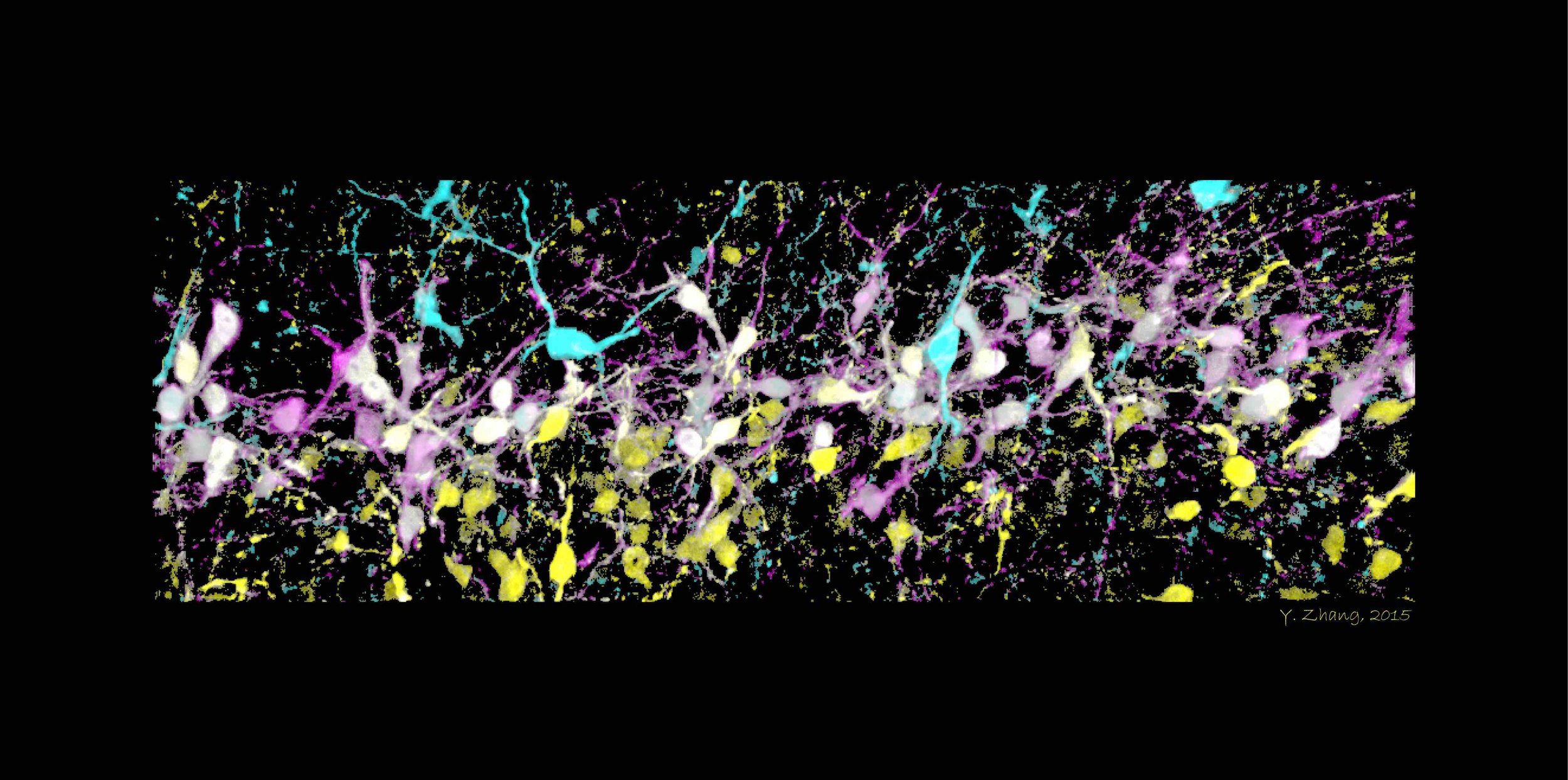
Ying Zhang
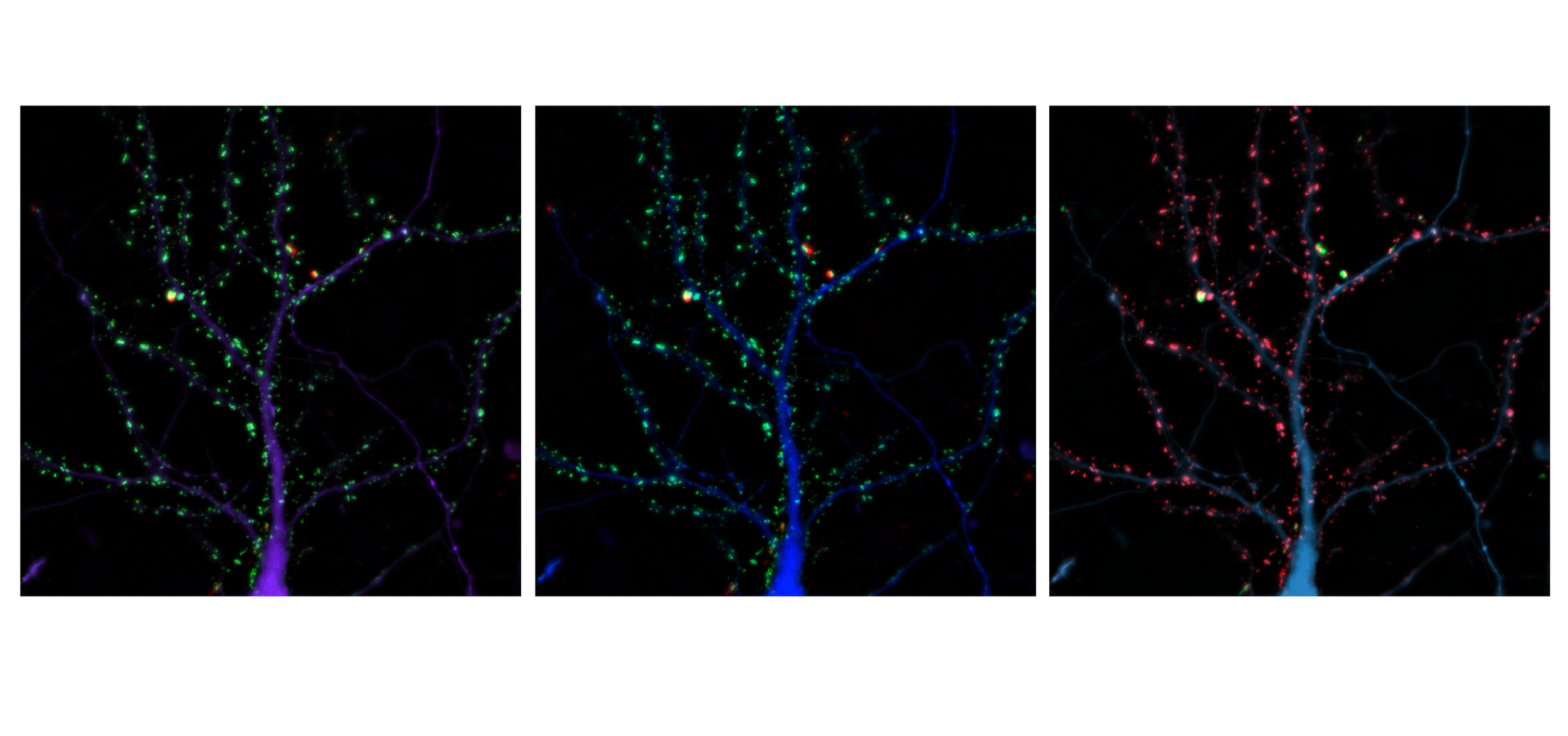
Dylan Quinn
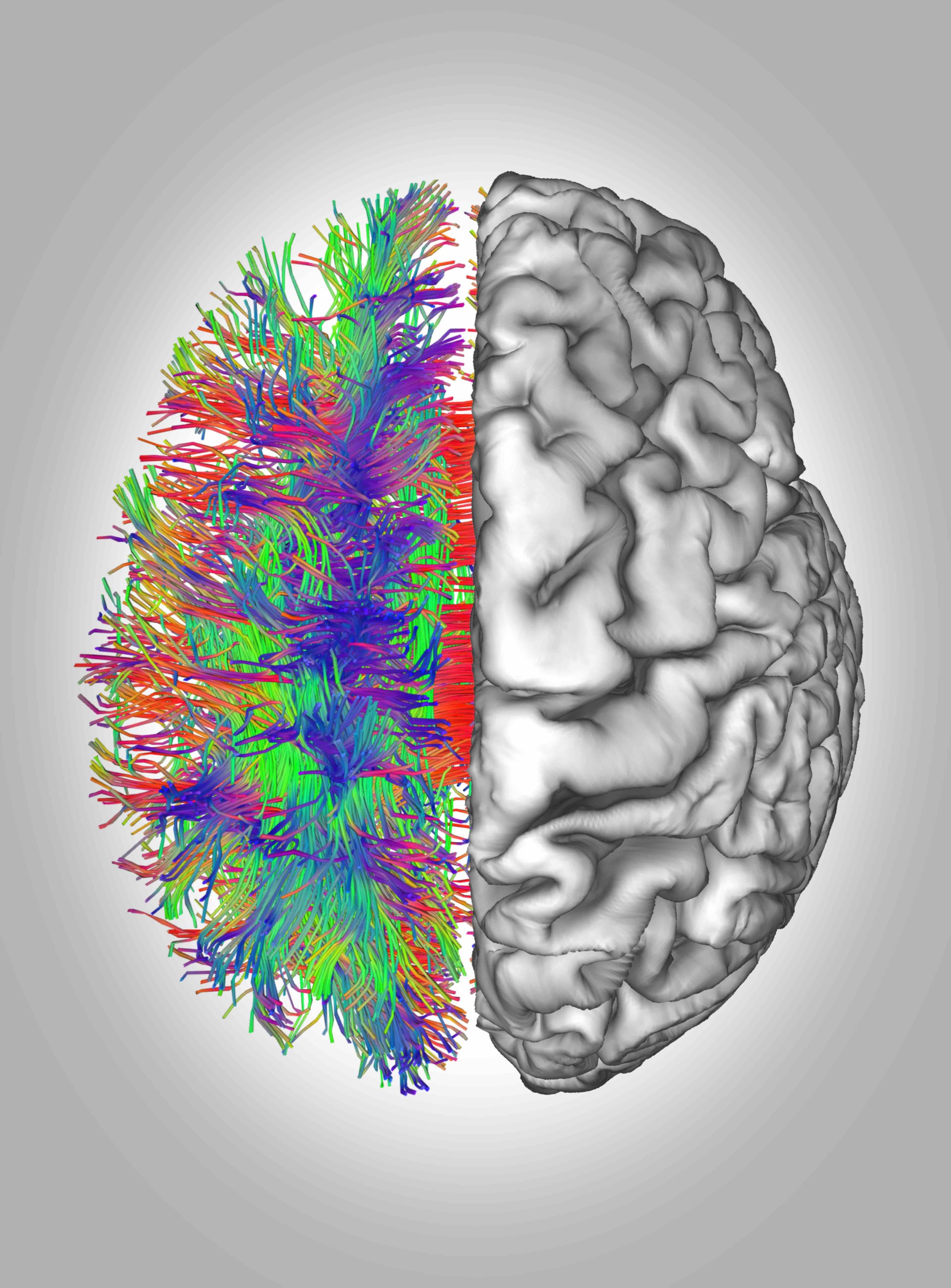
Vlad Drobonin - "Levels of analysis"
With Thanks to our Event Sponsors
Hon. Lena Metlege Diab
Hon. Lena Metlege Diab
Frame Plus Art
Frame Plus Art
Hon. Andy Fillmore
Hon. Andy Fillmore
RSVP RSVP RSVP
Some background about Graduate student stipends
Graduate student stipends are critical for sustaining scientific progress. These students serve as the backbone of research, and are the ones conducting the hands-on experimentation, data collection, and analysis. Without graduate students, the pace of global research, the emergence of groundbreaking discoveries, and the development of critical cures and treatments would cease abruptly.
Pursuing advanced degrees in science and medicine demands a substantial time commitment, typically spanning 2-3 years for a master’s degree and upwards of 6-10 years for a Ph.D. This commitment is beyond the prerequisite four-year undergraduate degree, showcasing their high qualifications and advanced education. In pursuit of these degrees, graduate students dedicate an equivalent amount of time — if not more — compared to a full-time job. Despite their integral role in scientific research, the financial reality for graduate students is daunting. Many students take home monthly earnings lower than a full-time minimum wage worker and struggle to afford a livelihood.
Graduate students are required to pay thousands of dollars in tuition annually to the university, despite having completed their course requirements after the second year. This is deducted from student stipends, a significant portion of which originates from the student’s supervisor's research grants, with only a minimal contribution from departmental support. After accounting for fees and tuition deductions, the net take-home amount for students is extremely low, amounting to $1400 per month for master’s students and $1500 per month for PhD students. Opportunities to secure external funding through grant agencies exist, but these are highly competitive, with a success rate of only about 10%. Furthermore, most of the funding from these grants is retained by the university or supervisor, leaving students with only a slight increase in their monthly income, even with a substantial $10,000/year grant. Additionally, federal regulations, which have remained unchanged since the 1990s and have not been adjusted for inflation, impose strict limits on the proportion of federal research grants that can be allocated for graduate student stipends. This restriction makes it challenging for supervisors to significantly increase stipend amounts, often capping any potential raise to just a few hundred dollars monthly.
In the aftermath of the COVID-19 pandemic, the financial struggle for graduate students is as high as it has every been. As of December 2023, the average cost of a one-bedroom apartment in Halifax is $1841 per month, thus graduate student stipends do not even cover rent. A 2022 poll of graduate student in the Department of Medical Neuroscience indicated that almost all students rely on external support to make ends meet, including parental financial or housing support, second jobs, and food banks. Adequate financial support alleviates these burdens and increases scientific productivity. As it currently stands, the financial strain resulting from low graduate student stipends and high tuition costs is dissuading both current and prospective graduate students from engaging in research. Without sufficient graduate student support, universities in Canada and the nation as a whole risk falling behind on the global scale of research and innovation.
To alleviate the financial burdens of graduate student researchers, we hope to raise funds to supplement their stipends. A fair and transparent distribution of these funds will be ensured through an impartial review process, managed by the Brain Repair Center. Through this, we aim to support as many of our students’ financial needs as possible, efficiently, and equitably.
FAQs
Can you bid more than once in a silent auction?
Yes, bidding on an item multiple times is allowed.How long is the auction in effect?
Bids can be accepted from 5pm, final bids must be placed by 6:45pm..Is there a minimum bid?
Yes, bids will start at $100 for most items.Are there minimum bid increments?
Yes, bid increments will be $10.How do I pay for my purchases?
All payments must be made on the day of the event. Payment via cash, cheque or e-transfers only.
Sorry we don’t have the technology to accept credit cards.When do I pick up my art?
Winners must pick up all items the night of the auction.Can I donate in any other way?
Yes, we would be delighted to accept donations and have two options available
- Onsite Donation Box (cash or cheque)
- BRC DONATION site http://giving.dal.ca/BRCCentre (tax receipts can be issued if requested)
This option is available 24/7/365, not just during the Auction.





